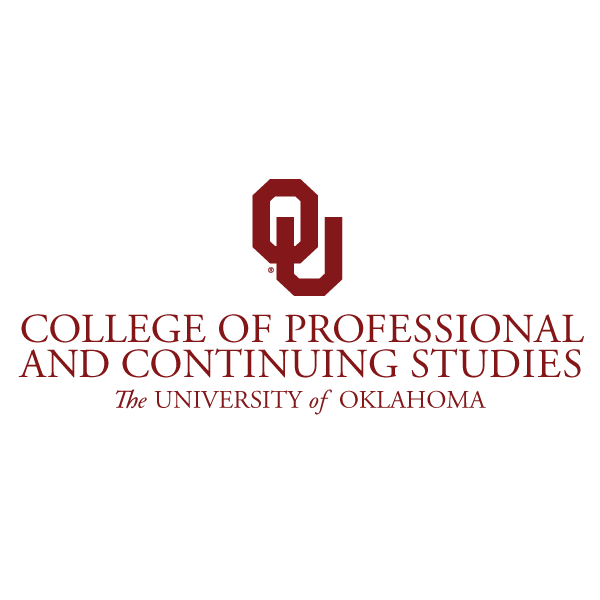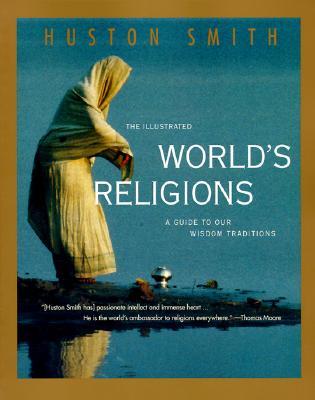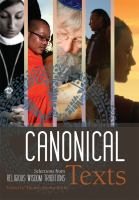There are three grading components to the course: Exams (50%); Mini- Essay Discussion Posts (20%);
and a Post-Seminar Final Paper (30%).
A more detailed discussion of each follows, but in a nutshell here in bold, is the structure. Please read this
carefully and understand the following schedule. It is designed so that you can succeed, as long as you
adhere closely to it and follow the reading and lecture scheduled as outlined.
Relevant Course Milestones & Deadlines for the Course Are:
First Half Assignments: Discussion Posts 1-5 should be completed by March 25 (11:59 p.m. U.S.
Central Time). The Midterm Exam should be completed during the Midterm Exam Window, which
opens on March 25 (at 12:01 a.m. U.S. Central Time) and closes April 7 (11:59 p.m. CT).
Second Half Assignments: Discussion Posts 6-10 should be completed by April 2 (11:59 p.m. U.S.
Central Time). The Final Exam should be completed during the Final Exam Window, which opens
on April 2 (at 12:01 a.m. CT) and closes April 16 (11:59 p.m. CT).
Paper (Post-Seminar): Due by April 23 (11:59 p.m. U.S. Central Time)
Exams (50%):
We will have two exams—a Midterm (25%) and a Final (25%). The window for the Midterm and
the Final Exams are 2 full weeks (with some overlap, which students in the past have found helpful), and
you can take as much time as you need during the respective open windows. If you feel you need the
entire time you may have it, as long as you make absolutely sure to turn in the exam by the deadline
(11:59 pm of the last day of the respective window). Once the window opens, you can go in and get
access to the exam. It would be a good idea for you to download the questions, so you have them available
for the entire time you take the exam. Please be clear about which questions you
are answering (and state that clearly). There is plenty of time in both exam windows, so short of an all-out
emergency, there should be no excuse for not finishing comfortably in time.
The Midterm Exam will cover the material for the first half: (Introduction, Hinduism, Buddhism, and the
Religions of China). The essays tend to balance “big picture” sorts of questions, with some important
detail. It is important to give a sense of how those tie together.
While the Final Exam will build on what we learned in the first half of the course, it focuses on the
material from the second half of the course (Judaism, Christianity, Islam, Native Traditions, and Overall
Lessons). Its format will also be essay, structured precisely as was the midterm.
In the past, students who have done the reading and thought it through, and who pay close attention to
5
lectures, and thought them through, tend to get a great deal out of the class, and to do high quality work
on the exams in the process!
In addition, there are study guides for what we cover in the course. In doing your studying and
preparation, students typically find those to be good guides in helping you organize the material going
into the exam.
Mini-Essay Discussion Posts (20%):
The other 20% of the grade is a function of online participation; for that, you will make at least 10
posts, each worth 2% of the grade, for a total of 20%. The online posts and discussions are a key
component of the course, and therefore of your grade.
For each section, you will attach an article or a video clip of something from the news, that
touches in some significant way on the religion we are covering in class. You can find articles or video
clips from anywhere you want, typically from an internet or library search (and there are literally
thousands of examples out there—it is pretty hard to miss on this aspect of the course!).
You will write a post about it, describing it and attaching a clip (preferable) or URL web link (if
attaching it does not work). Your post should also tie it to some aspect of what we talked about in lecture
or the readings.
Not to worry--there are literally hundreds, if not thousands of examples to be found readily on the
internet or your local library or newsstand, of articles or news items about any of the religious traditions
covered in the course. Part of this exercise is to get you used to being an educated news reader. Part of
that process is to be able to connect what you are reading to what you are learning in your formal
education, to do it readily and in a depth that goes beyond a mere surface reading. There is more detail
given later in the syllabus.
You will make a post a mini-essay to our class’s CANVAS discussion board for each of the
articles you read. In those posts, you should give the members of the class a sense of something you
learned in the article, and your thoughts about how it is relevant to the reading in the books or in lecture.
The mini-essay should give a sense of something you learned from the article and the related text
material. It is also good (not required, but a good idea) to sometimes include in your writing a response
to something written by your classmates on the board. You may, for example, find that you read an
article that relates to something posted by another student, or you may find you got something different
out of the reading. Either is fine, as long as you articulate your position and support it with something
from the article itself and from the text material and do so in a mutually uplifting and respectful way.
Assuming your mini-essay post is of the requisite length and complexity (which in this case
means about the length of 2-3 paragraphs, 6-8 sentences each), shares something from the reading with
your classmates, and has been reasonably thought out, you will receive full credit. If it does not say
something that is relevant to what we are covering, appears to be “tossed off,” or is gratuitously
offensive, it will receive a zero. For something basically in the ballpark but falling short, you may receive
partial credit. You should be able to get full credit in this section of the course, assuming you take it
seriously and make the postings in a reasonable fashion.
Basically, you will average one post for a reading to accompany each of the religions we discuss
in the lectures. For your 5th (toward the midterm) and your 10th and final post, the assignment is a little
different, but one I hope you will enjoy and find a great stimulus to your own study. For the 5th post,
write a brief (also 2-3 paragraphs of 6-8 sentences each) mini-essay telling us any one or two take-away
lessons from the first half of the class—basically through Eastern Religions. There are no wrong answers
6
here (assuming you write it in good faith and give it some thought). Tell us what one or two of the ideas
of the class to which you have given some thought, and how they might be things you will remember and
perhaps use as a tool in your own social analysis, once the class is over.
The 10th Mini Post will be something like the 5th but will focus on the second half of the course
(anything from Judaism on…), or something from the course in general.
There are literally thousands of examples…For examples, you can look on the class Canvas site
consider the Other Items of Interest module under the Modules tab. In there, you can find the kind of
article you will be looking for. Click, for example on the National Geographic article about the Dalit or
“Untouchable” under-caste. It would be the kind of article you could use for Hinduism (the article itself
would not be eligible for you to use, because one of the major points of the exercise is for you to find an
article on your own).
That would be the kind of article you would attach to your discussion board post under Hinduism.
You will talk about the main points of the article in one paragraph, tie it to something we covered in the
class (in this case, the situation of the Untouchables, the overall caste system and their relation to it, and a
few of the more sociological processes that bear on how it has unfolded over time; in this case, the
phenomenon of cultural lag, where cultural norms and beliefs may take years or decades or even
centuries to catch up to changes in material conditions such as the transition from feudalism to capitalism,
or that merely changing a law without changing the cultural conditions underlying it can be associated
with widespread social dislocation. Welcome to the world of comparative religions as filtered through the
lenses of a sociologist! Stick with it, embrace it, and you will get more out of this course than you may
have thought possible. It is a wonderful learning experience (dare I use the word fun in the syllabus—but
there you go!).
The posts on our class’s CANVAS discussion board will, I hope, allow us to use the medium of
our computers to full advantage, giving us an online parallel to class participation. While only ten posts
are absolutely required, I do hope that people will interact above and beyond that via the postings, so that
it becomes an interesting discussion board rather than a dry place to simply dump assignments.
Post Seminar Assignment -- Final Paper (30%):
A brief paper (12-15 pages) on one of the religious traditions covered in the course, is
required. A number of guidelines are below here in the syllabus, under Useful Things to Look For.
Due date is April 23, 2023.
The class paper accounts for 30% of the grade. You will write a paper (in standard American Sociological
Association format, a handbook for which is posted on our class site) discussing one of the major
world’s religions covered in the Canonical Texts Reader. The target length is 12-15 pages, typed, doublespaced.
While there is some flexibility here, I have included some guidelines in this syllabus for the study of
religions in general, and for how they are situated within their respective societies. These guidelines are
also quite useful in terms of organizing your thinking for when you write your paper. There are numerous
references generally available for virtually all of the major world’s religions. As a target, you should plan on
having about 16-20 references for your paper’s bibliography. Each reference should be properly cited. You can
write your course paper on any of the traditions covered during the semester.
Notice: Failure to meet assignment due dates could result in a lowered grade or a grade of I (Incomplete) and
may adversely impact Tuition Assistance and/or Financial Aid.


